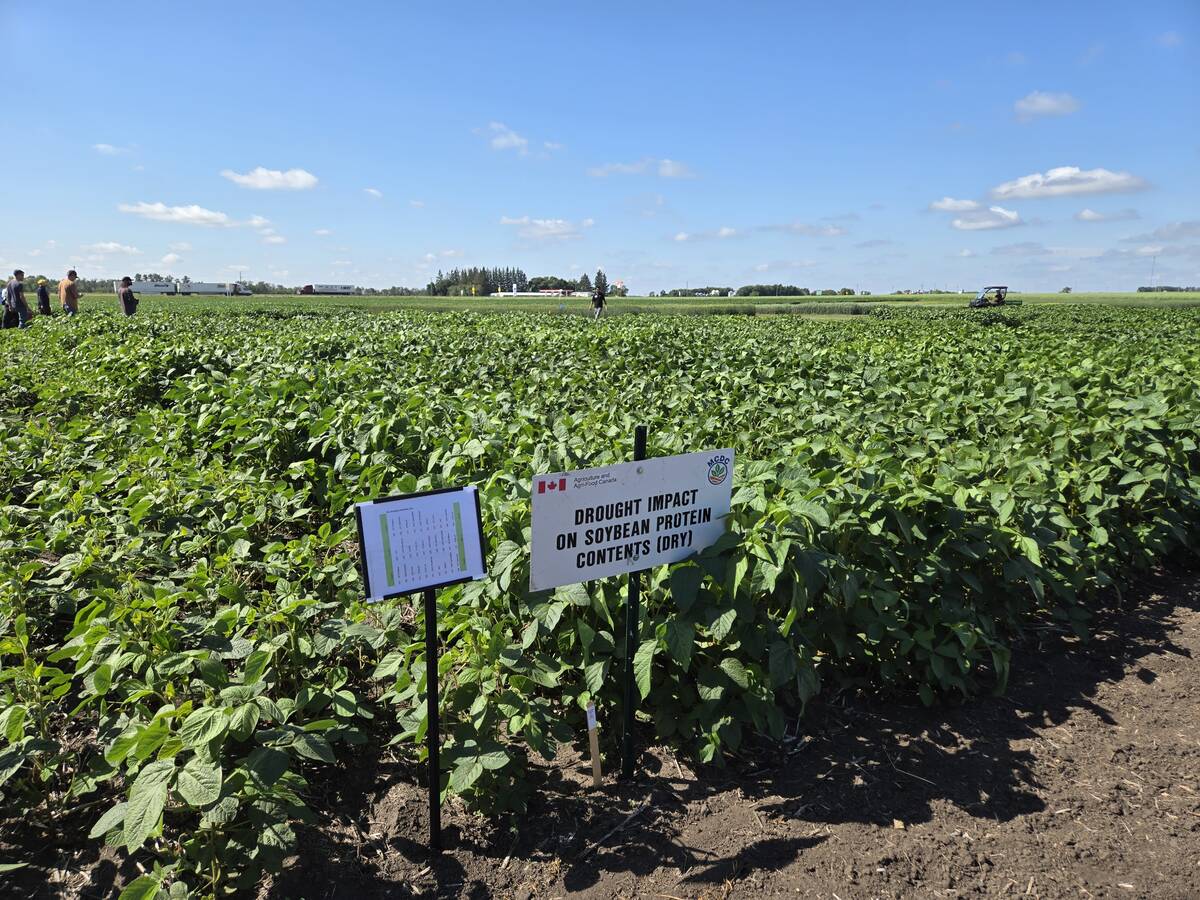The head of McGill University’s Office for Science and Society tries to educate those who want to know more about science
SASKATOON — So many myths, so little time to debunk them all.
But Joe Schwarcz, who heads McGill University’s Office for Science and Society, routinely tries to educate those who want to learn more about science.
He hosts the Dr. Joe Show on radio in Montreal and has written 16 books. Recently, he spoke at the Saskatchewan Beef Industry Conference.
He said constant confusion and bewilderment has created panic among the public about what they should be eating.
Meat is a particular lightning rod thanks to organizations such as People for the Ethical Treatment of Animals.
Read Also

Carberry field day looks for agriculture solutions
Manitoba farmers explored research solutions for resilient crops, perpetual agronomic issues and new kinds of agricultural products at a field day at the Manitoba Crop Diversification Centre in Carberry on Aug. 6.
“PETA is one of the most unethical organizations I’ve ever come across,” Schwarcz told the conference. “They don’t present data in any kind of scientific way.”
Instead, groups like this use scare tactics and claims that can’t be proven.
He said arguing with those who believe the ideology but don’t research the facts is useless.
There is, however, a large group of consumers who are interested in the facts, who attend public lectures and who do their research. That’s where people like him, and industry, can make some gains.
“You win some battles; you cannot win the war,” Schwarcz said in an interview. “The only way to win the war would be to have universal high quality scientific education from grade school on in terms of critical thinking and how scientific literature works.
“It’s not really achievable. There is always going to be scientific illiteracy.”
It doesn’t help that people can cherry-pick data and studies to prove any position they want to take.
“There is always a smidgeon of scientific fact” to back up claims, he said.
A classic example is the World Health Organization’s International Agency for Research on Cancer, which has categorized food into different carcinogenic groups.
IARC has classified bacon as a Group 1 carcinogen, meaning that it is an established carcinogen that is known to cause cancer in humans. This is true.
“There is sufficient epidemiological evidence that people who eat huge amounts of preserved meat … grotesque amounts, have an increased risk of colon cancer,” Schwarcz said.
Red meat is in the Group 2A category as a probable carcinogen.
But Schwarcz said that the IARC classifies substances based on hazard. Red meat could be a hazard, but that isn’t the same as risk.
Exposure matters considerably. In the same way that a grizzly bear in the wild is more dangerous than a grizzly bear viewed in a zoo, the hazard is the same but the risk is vastly different.
“In the same vein, any kind of baked good is put into the same category (Group 2A) because when you bake wheat products, you produce acrylamide, naturally, and acrylamide when given to test animals in grotesque doses causes cancer,” he said. “That does not mean when you eat bread it causes cancer.”
Hot beverages are in the same category because there is an increase in esophageal cancer in countries in South America where people consume boiling hot beverages.
He reminded the crowd that the presence of a chemical doesn’t mean there is risk.
“Coffee contains formaldehyde, furan, styrene, yet drinking coffee of course is not carcinogenic,” Schwarcz said.
“If you listen to IARC you just about have to eliminate everything you eat. We need to look at risk.”















